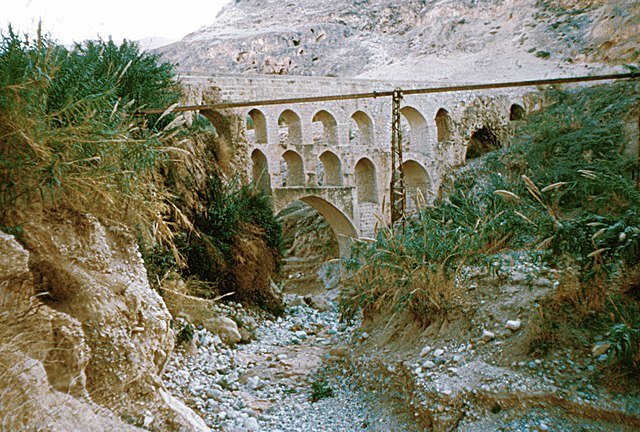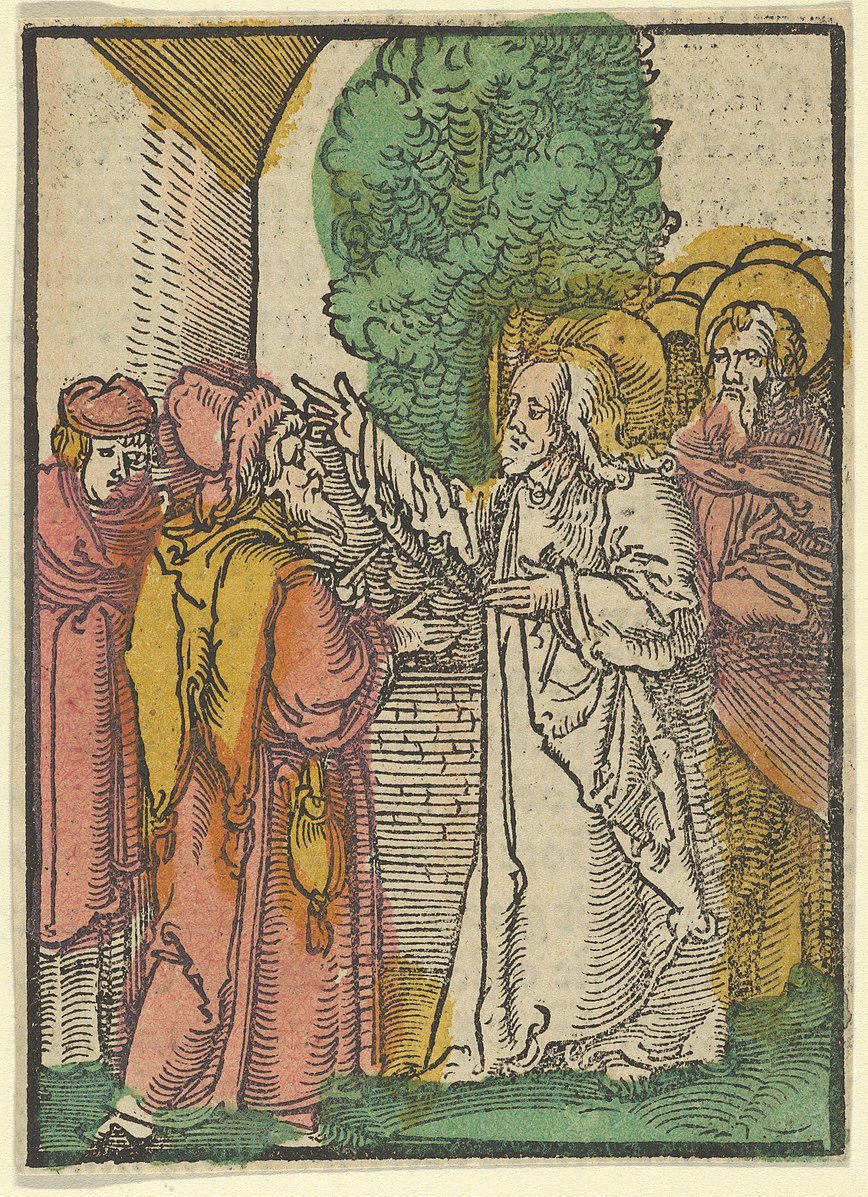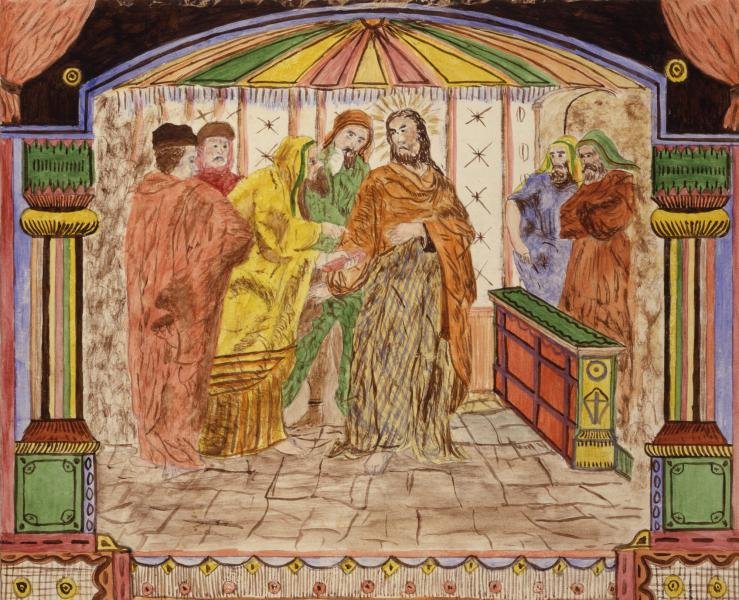Yakov Mayer provides a glimpse at his newest book and work on the Palestinian Talmud’s manuscript tradition.
Read MoreEstablishing and Facilitating a Dissertation Seminar
“I tell students that writing is an inherently collaborative enterprise: we write in conversation with previous scholarship; we write for a future audience; we share drafts with colleagues and mentors; we submit work for peer review and to editors and editorial boards; we anticipate reviews of our books; we hope that our work will be engaged.”
Read More“Tinder Theology Project”: Biblical Dating Profiles
No two students created the same profile—even though many of them selected the same character—and this, too, was instructive. At its core, this assignment was about practicing interpretation.
Read MoreIt’s Magic! (Or is it?): Two Classroom Activities
Elena Dugan shares activities for both Hebrew Bible and New Testament classes that examines the distinction between magic and miracle.
Read MoreCreating a Commentary
Page of Rashi’s Commentary on the Megillot, courtesy of Wikimedia Commons
Page of Rashi’s Commentary on the Megillot, courtesy of Wikimedia Commons
With a “flipped classroom” format, this graduate seminar enabled students to create a commentary on key psalms with a focus on the history of Israelite religion.
Read MoreTeaching Textual Criticism through Manuscript Creation
“This lesson plan has been an effective means of reinforcing the physical, manuscript-based analysis of textual criticism, over against the theoretical texts of source criticism.”
Read MoreAncient Jewish Liturgy
The Body and Desire: Gregory of Nyssa’s Ascetical Theology
Cadenhead’s thoughtful historical framing of Gregory’s familial, ecclesial, political, and monastic contexts undergirds this study and provides the context for understanding Gregory’s views on the body and desire.
Read MoreWhat is an Ancient Jewish Liturgy?
“[A] liturgy ought not to be reduced to some type of verbal worship or praying activity directed toward the divine.”
Read MoreWere Early Rabbinic Prayers Scripted?
“Are we correct to presume that early rabbinic liturgy had a textual tradition coherent with the models we know, including from their predecessors at Qumran? Did early rabbis have a system of memorized, orally transmitted yet fixed texts, or did their worship operate in a more free-form system?”
Read MoreThe Ritualization of Psalms in the Dead Sea Scroll 1QHodayotᵃ (Thanksgiving Psalms from Qumran)
“One of the chief hurdles in the consideration of the psalms found in 1QHᵃ as compositions that may have been read aloud in communal settings is the use of the term “liturgical” to characterize such settings and texts.”
Read MoreJonah and Prayer
“Prophecy and prayer, performance, composition of scriptures and their interpretation were all intertwined in vital and vibrant ways... The two prayers in Jonah offer illustrations of two of the many patterns of how prayer might intersect with scriptural tradition.”
Read MorePreaching Christology in the Roman Near East
Preaching Christology in the Roman Near East makes a significant contribution to both Syriac studies and late ancient studies.
Read MoreBook Note | Two Gods in Heaven: Jewish Concepts of God in Antiquity
In fact, binitarianism is even found in a number of late antique rabbinic texts as well, ultimately signaling that binitarian ideas did not necessarily serve as a form of proto-trinitarianism, remaining a part of Jewish thought even after the founding of Christianity.
Read MoreClass and Power in Roman Palestine: The Socioeconomic Setting of Judaism and Christian Origins
Anthony Keddie joins this rising movement of scholars interacting with class in a serious way, and his Class and Power in Roman Palestine: The Socioeconomic Setting of Judaism and Christian Origins stands as a welcome addition to recent provocative publications.
Read MoreDissertation Spotlight | Marshall Cunningham
I argue that the construction of Judeanness — like all collective identities — was a complex, contextual, and continuous process of identity formation that was undertaken, consciously or unconsciously, by individuals and communities throughout the Babylonian and Persian empires.
Read MorePharisees and Evangelical Preaching
Jesus and Nicodemus by Crijn Hendricksz, 1616–1645
Jesus and Nicodemus by Crijn Hendricksz, 1616–1645
“Evangelical Christian faith and Jewish faith, with all their nuances and varieties, have every right to dialogue, debate, and disagreement, but when criticism of the Pharisees crosses the line into maligning persons with whom we differ we need to raise a flag of denunciation.”
Read MorePharisees Part Two: Reception History
Parable of the Pharisees and the Tax-Collector, from Das Plenarium, print, Hans Schäufelein (MET, 61.663.364)
Parable of the Pharisees and the Tax-Collector, from Das Plenarium, print, Hans Schäufelein (MET, 61.663.364)
“My comments intend to address primarily those who have not yet read the book, to provide a brief taste of my assigned chapters, and to reflect on the significance of this work for Jewish-Christian relations, especially in terms of community engagement and education.”
Read MoreWho Needs the Pharisees? New Testament and Beyond
“Christ and a Pharisee,” early 17th century by Anthony van Dyck at the Met.
“Christ and a Pharisee,” early 17th century by Anthony van Dyck at the Met.
“Who needs the Pharisees?” – it seems that, on the whole, we today, both Jews and Christians, need them more than anyone has ever done before, but for very different reasons. And we need them in academic historical, non-polemical form.
Read MorePharisees Part One: Historical Reconstruction
“Christ and the Pharisees” by Lawrence W. Ladd ca. 1880. Smithsonian American Art Museum
“Christ and the Pharisees” by Lawrence W. Ladd ca. 1880. Smithsonian American Art Museum
“This literary image of Pharisees has been conflated with Jews generally and been attributed to real people in the here and now of all centuries over and over again. The narratives have been read historically, as accurately real life people – with all the horrific consequences emanating from this equation.”
Read More















